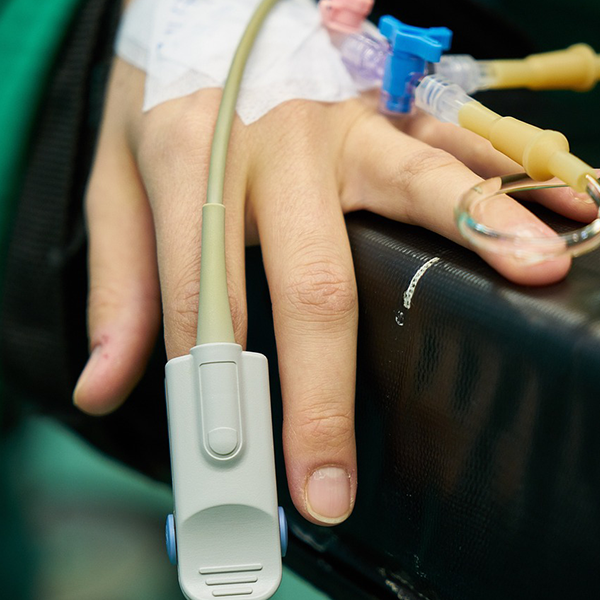Fabiola M. Martinez Licona
Patient safety is a top priority in healthcare, and clinical engineering is crucial in ensuring the safe and effective use of medical devices and technologies. Clinical engineers are responsible for managing, maintaining, and optimizing medical equipment to ensure that it meets regulatory standards and delivers high-quality patient care. This blog post will explore how clinical engineering practices contribute to patient safety in healthcare settings.
First and foremost, clinical engineers are responsible for maintaining and servicing medical equipment to ensure that it functions correctly and safely. Regular maintenance checks, calibration, and inspections are essential to identify potential issues or malfunctions before they can compromise patient safety. Clinical engineers work closely with biomedical technicians and other healthcare professionals to conduct routine inspections and preventive maintenance tasks to keep medical equipment in optimal condition.
In addition to maintenance, clinical engineers also play a critical role in selecting and procuring medical devices and technologies. They evaluate medical equipment’s safety, efficacy, and performance before purchasing or implementing it in healthcare facilities. Clinical engineers assess factors such as usability, reliability, and compatibility with existing systems to ensure that the equipment meets the needs of patients and healthcare providers while adhering to regulatory requirements.
Furthermore, clinical engineers are involved in training and educating healthcare staff on the safe and proper use of medical equipment. They develop training programs and instructional materials to ensure healthcare professionals understand how to operate medical devices safely and effectively. Training sessions cover equipment operation, maintenance procedures, infection control protocols, and emergency response procedures to enhance patient safety and minimize the risk of adverse events.
Another critical aspect of clinical engineering practices is risk management and incident reporting. Clinical engineers investigate and analyze equipment-related incidents or adverse events to identify root causes and implement corrective actions to prevent recurrence. They collaborate with hospital administrators, quality assurance teams, and regulatory agencies to address safety issues and improve patient care processes.
Moreover, clinical engineers are instrumental in implementing and enforcing quality management systems and regulatory compliance standards in healthcare facilities. They ensure that medical equipment meets regulatory requirements and undergo regular inspections and audits to maintain compliance with industry standards. Clinical engineers also monitor and track equipment performance metrics and safety indicators to identify trends and areas for improvement.
Clinical engineering practices are essential for patient safety in healthcare settings. Clinical engineers play a critical role in maintaining, managing, and optimizing medical equipment to deliver high-quality care to patients. By conducting routine maintenance checks, procuring safe and effective medical devices, providing staff training, managing risks, and ensuring regulatory compliance, clinical engineers contribute to the overall safety and quality of patient care. Moving forward, continued investment in clinical engineering practices and technologies will be essential to address emerging challenges and enhance patient safety in healthcare.

